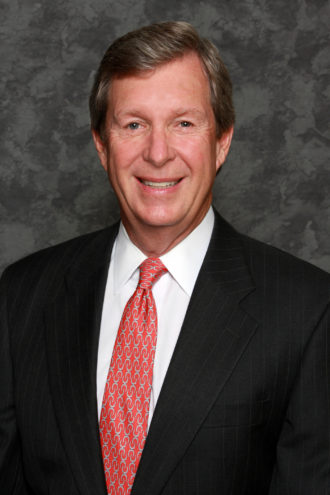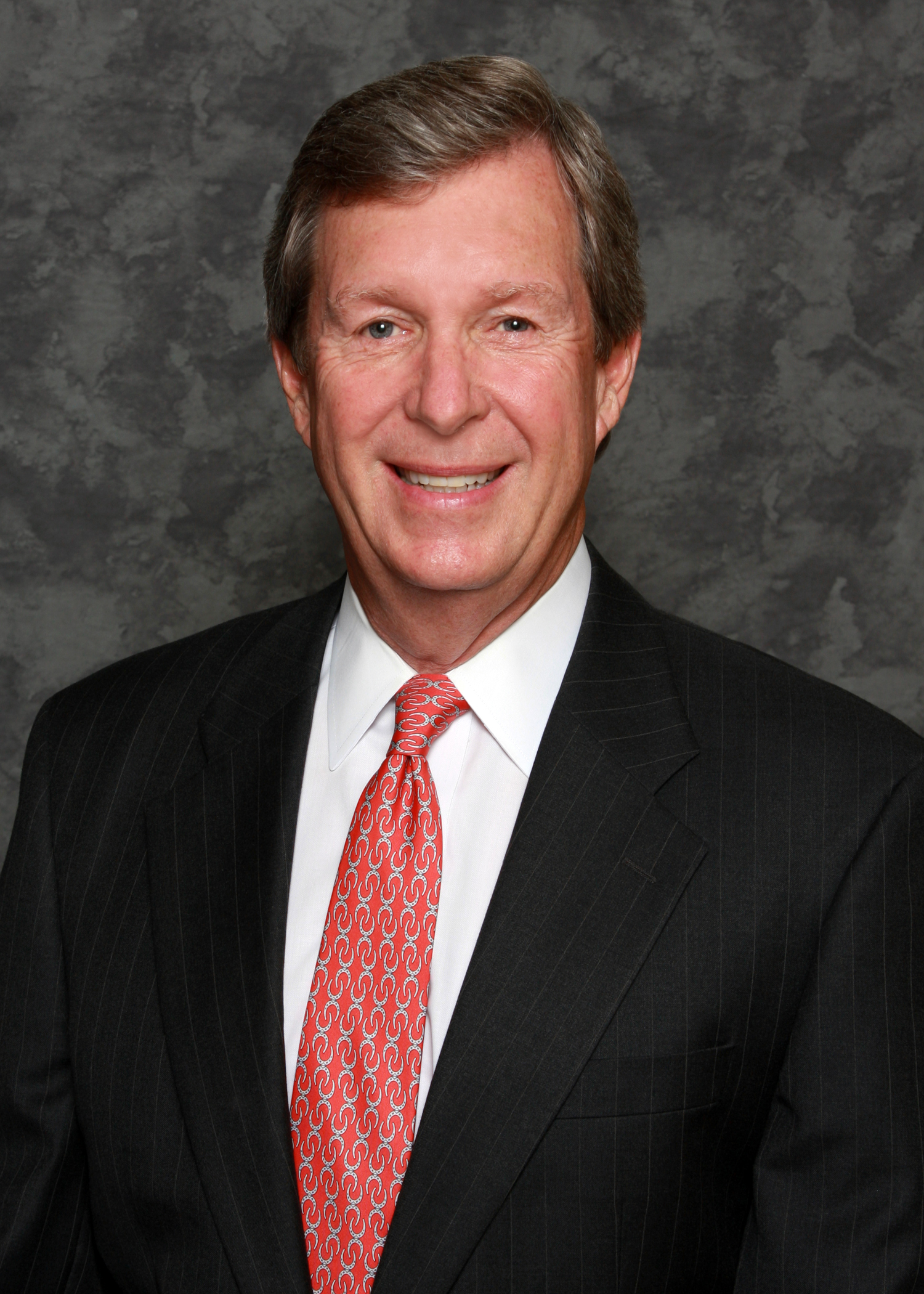
The economics of real estate in Dallas have caused some unprecedented impacts on investors and tenants alike, which I discussed in my last blog. The basics are supply, demand, and price. In our case, supply has increased, but so has the demand for new, “cool” space, and price, since Dallas has long been a value market. Many tenants have been somewhat unaware of this until recently; and, due to the term of their leases, tenants have not really felt the sting of 30 to 80 percent rent increases. That is changing, and it is changing at a time when we aren’t really feeling the joy of a national rebound economically.
Because of this, rent payments, which are the second-largest expenditure for many companies, are still a big issue. Rent increases shortstop profits, and profits are tough to hold onto these days. Clients are pushing fees down, and hiring and training costs for young talent are going up. Most first-year lawyers in top-tier firms are making $185,000, so generating the profits to be able to hire these young attorneys can be a challenge when rents increase.
What are the options when tenants are in a cool building, in a hot market, but can’t keep up with the high rents?
That’s when another economic factor comes into play: demand shift.
Most markets will reach equilibrium given enough time. There is a sophisticated formula to determine when that will happen, but I have long since forgotten my microeconomic lectures from Dick Armey. Basically, companies that have objectives other than paying the higher rent will find somewhere else to conduct their business, or they will modify their quarters to lessen the impact on their profitability. Let’s explore the latter first.
Rent is simply the area multiplied by the rate per square foot. To reduce rent, either the area or the rate per square foot must be reduced. It’s a simple equation in theory, but it’s much more complex to put into action. Today, open-area furniture landscaping allows densities much less than one person per 250 square feet. Many of the law firms that moved to much higher-priced offices were able to partially justify those rents by cutting their footprint to one attorney per 600 square feet or less.
Companies that don’t want to push their people into smaller offices opt for option two, reducing the rate per square foot. That’s when the demand shift occurs. That shift is going to gain momentum when the inevitable economic downturn occurs. Tenants will shift from Preston Center to Central Expressway and from Uptown to Downtown because there is a substantial rent differential in those markets. We are talking a $15 to $35-per-square-foot differential.
There will, of course, be some other very important criteria in that decision. The buildings will have to be iconic buildings in the central business district, like Trammell Crow Center, Chase Tower, and Comerica Tower, and will need to have been upgraded to current creature comforts like cool lobbies, community spaces, conference facilities, restaurants, and workout rooms. Also, they will need ample parking. Uptown has three per 1,000 parking, which has allowed much higher rents. To address the issue, new parking garages controlled by the CBD buildings have been popping up in the past three years.
We’ve seen this trend begin to play out already, with Goldman Sachs moving to Trammell Crow Center and Comerica renewing in Comerica Tower, or any of the other large users like Locke Lord, Vinson Elkins, or Wells Fargo. They are keen on image and convenience, but more importantly—value…not a bad idea.
Sanders Thompson is a principal at Transwestern specializing in office tenant advisory.






